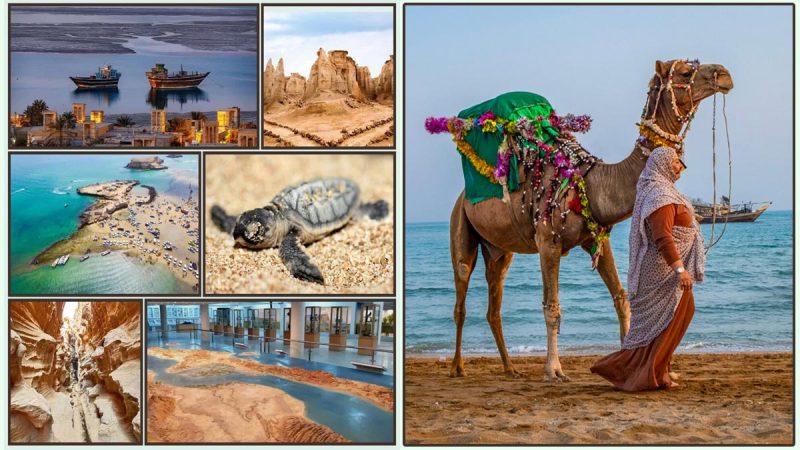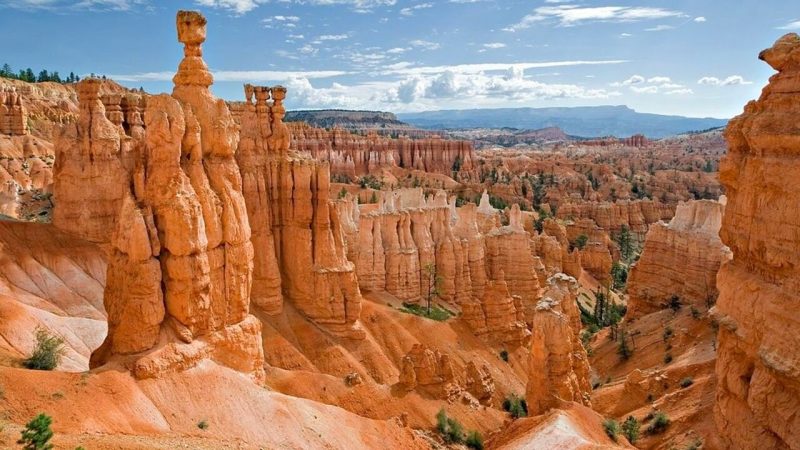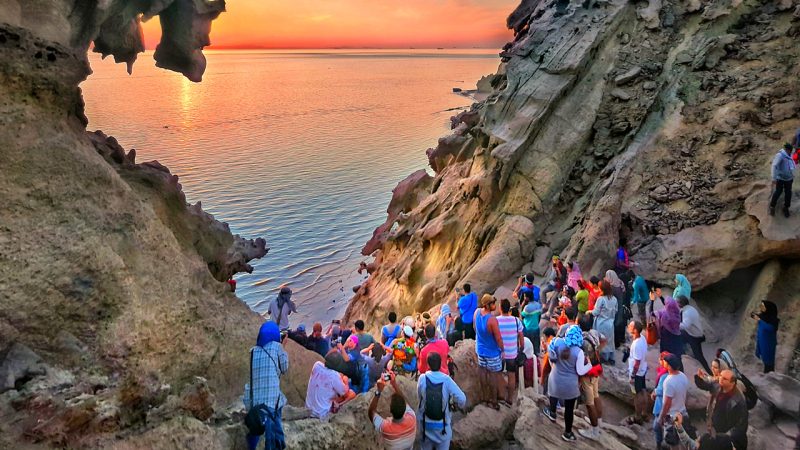The Beauty of Hara Mangrove Forest

Introduction
Nestled along the southern coast of Iran, the Hara Mangrove Forest is a mesmerizing natural treasure. Also known as the Hara Protected Area, this lush expanse of mangrove trees thrives in the brackish waters of the Persian Gulf. Its serene beauty, rich biodiversity, and ecological significance make it a must-visit destination for nature lovers and eco-tourists. Whether you’re a birdwatcher, a photographer, or simply someone who appreciates untouched landscapes, this unique ecosystem offers an unforgettable experience.
A Hidden Gem of Biodiversity
1. A Delicate and Thriving Ecosystem
The Hara Mangrove Forest is one of the most important wetland ecosystems in the Middle East. Its dense growth of Avicennia marina (grey mangrove) trees creates a natural habitat for countless marine and bird species.
2. A Sanctuary for Birds and Marine Life
This mangrove forest is a vital refuge for migratory birds, including flamingos, herons, and egrets. The intertwining roots of the mangroves also serve as nurseries for fish, crabs, and shrimp, supporting both marine life and local fisheries.
3. A Visual Masterpiece
The contrast between the deep green mangroves and the shimmering blue waters creates breathtaking scenery. Visitors can take boat tours to glide through the narrow waterways, immersing themselves in the tranquil beauty of this pristine landscape.
Why This Destination Should Be on Your Travel List
1. Eco-Tourism at Its Best
Unlike commercialized tourist spots, the Hara Forest remains largely untouched. Eco-friendly tours allow visitors to explore without harming the delicate ecosystem.
2. A Paradise for Birdwatchers
With over 150 species of birds recorded, this area is a dream destination for ornithologists and nature photographers.
3. Protecting Nature’s Balance
The Hara Mangrove Forest plays a crucial role in preventing coastal erosion and maintaining water quality. Visiting helps raise awareness about the importance of preserving such ecosystems.
How to Explore Responsibly
-
Take a Guided Boat Tour – Local operators offer eco-friendly tours.
-
Respect Wildlife – Avoid disturbing birds and marine creatures.
-
Leave No Trace – Carry back all waste to protect the fragile environment.
Conclusion
The Hara Mangrove Forest is more than just a scenic destination—it’s a living, breathing ecosystem that sustains wildlife and protects coastlines. Whether you’re drawn by its natural beauty, wildlife, or ecological importance, a visit to this Persian Gulf mangrove sanctuary is truly rewarding.


















بدون Comment